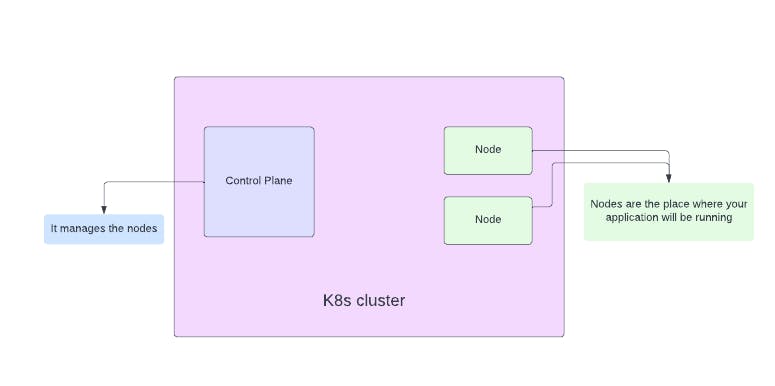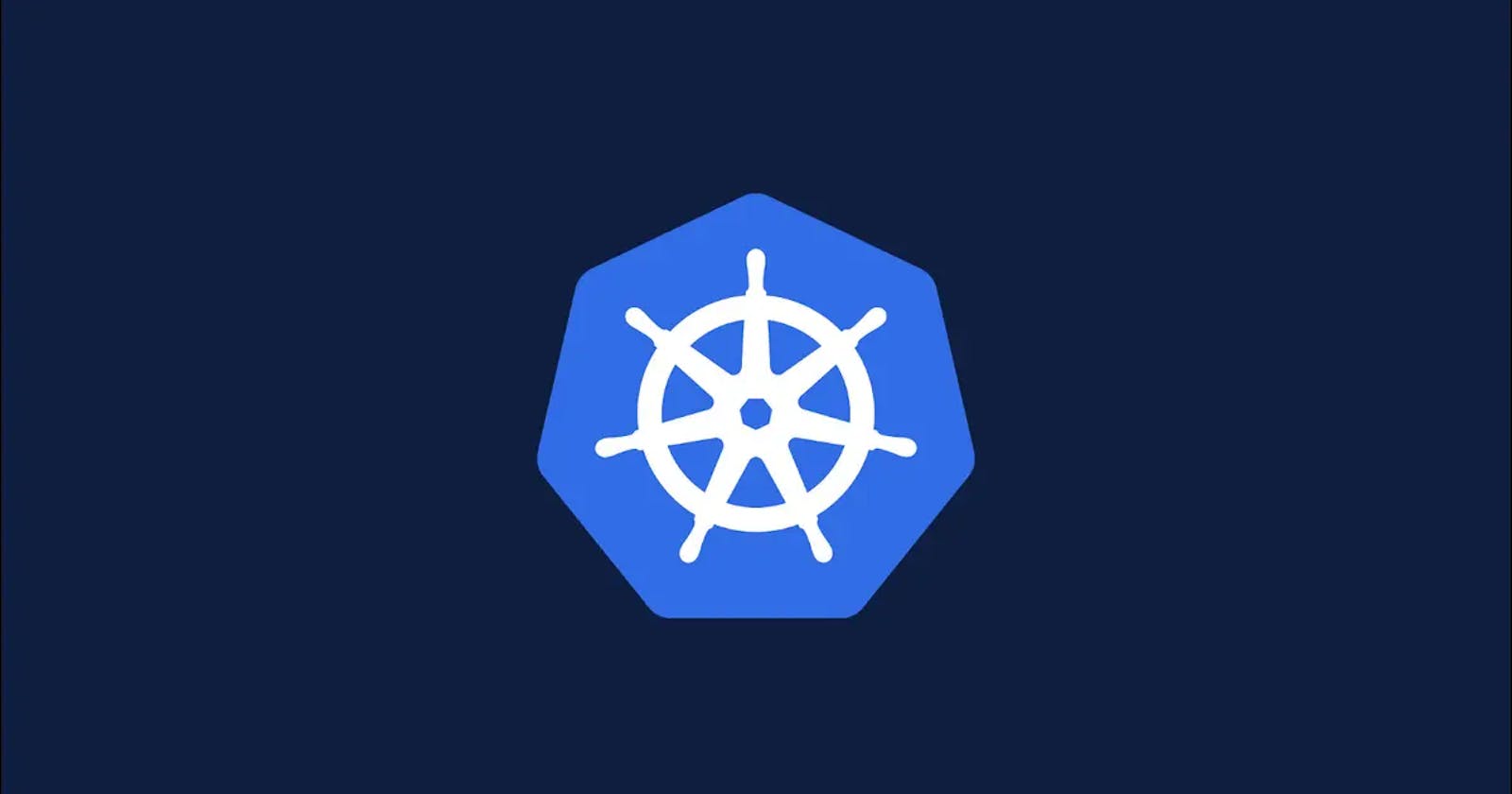Some Back Story
Configuration Management
- This basically means you can maintain all the changes in your infrastructure with the help of a software
- e.g. Ansible etc
- Previously it was mutable ( like you can make the changes to your servers that were running) before virtual machines
- When VMs came they became immutable (You cannot change that is already running )
- Therefore it offers some reliability as compared to before VMs scenerio
- It is better in terms of security & stuff
- Lets talk about how applications were structured in previous days
Monolithic Applications
- Lets suppose we have a website which has Frontend, Backend, Chat messages, DB, Networking component
- In This example we have 5 components in a single webapp.
- If You bundle this as a single application
- Here bundle means Deploying it as one application in the container
- This is Known as Monolithic application
- Now The problem with monolithic application is that since it is deployed as a one complete bundle so suppose if you wanna make changes in DB you would have to deploy everything entirely , which is not a very good design to have
Present scenario
Micro-services
- We solved the problem of monolithic applications by implementing Microservices. Now basically the idea is that instead of deploying the whole app as a single application all of those components are deployed as individual applications
- i.e. Frontend, Backend, DB, chat messaging , networking component are deployed separately
- We can use containers and run the microservices inside containers
- Fault isolation: You can make changes in one application without affecting the other applications
- We solved the problem of monolithic applications by implementing Microservices. Now basically the idea is that instead of deploying the whole app as a single application all of those components are deployed as individual applications
Orchestration
- Orchestrations help us in deploying and managing applications dynamically
- Kubernetes does orchestration
- Remember: Kubernetes is much more than a container orchestrator
Difference between Docker and Kubernetes
- Docker is a container tool and Kubernetes acts as an orchestrator
Architecture of Kubernetes
- K8s cluster
- It basically means that you have your own bunch of Nodes and Control Plane (i.e. Nodes + Control plane)
- Node : Can be treated as a virtual machine
- Control plane : Previously known as master node

- It basically means that you have your own bunch of Nodes and Control Plane (i.e. Nodes + Control plane)
- Kubectl :
- It is the Command Line tool
- Kubectl communicates with the control plane
- Like => hey control plane, I want to start 10 application. Control plane => Okay, let me see which which node is empty and can handle the load, I will redirect your containers over there
- Pod
- It is a scheduling unit in K8s

Steps for running applications in K8s
- 1) You will need web Application => create microservice
- 2) Add every microservice in its container
- i.e. Containerization
- 3) Put every container in pods
- 4) Deploy these pods
Control Plane
- It is a collection of various components that helps us in managing the overall health of the cluster

- API Server
- All the Communication that will take place will happen via API server
- etcd
- It's a Database, it basically stores information about the cluster
- Controller manager
- It has 4 functionalities
- 1) Check the desired state
- 2) Manage the current state
- 3) Differneces
- 4) Make the changes
- It has 4 functionalities
- Scheduler
- It is responsible for physically scheduling the objects & stuffs
- API Server

Inside Worker Node
- Kubelet
- Kubelet is very important
- It's on every worker node
- So whenever new worker node is created and attached to the control plane the Kubelet is installed on them
- Its job is to listen to API server
- Kube-proxy
- It is something that is responsible for networking
- If your cluster wants to communicate with outside world, kube-proxy will help in doing that
- Kube-proxy will make sure that every worker node & stuff that you have will get its own unique IP address
K8s DNS
- K8s has its own internal DNS.
- SO it basically has IP addresses for every pod and all containers . Pods can communicate with each other
